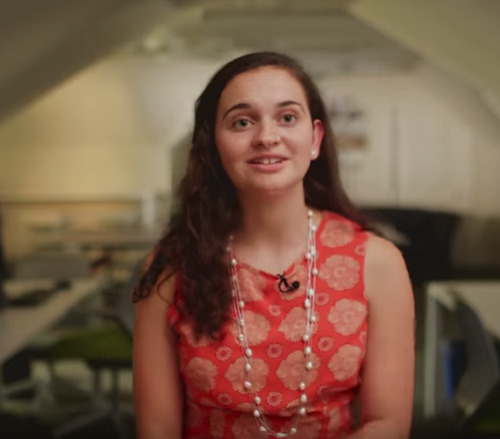
"AidData has been more than an internship; it has challenged me to innovate, make data-driven decisions, fall forward in times of failure and make my own luck. I have had the privilege to conduct research with faculty members, present to senior leaders in the U.S. government, provide data and maps to first responders after the Nepal earthquake, and work with partners in the Philippines to better prepare for natural disasters. It’s rare to find a workplace that invests so much time, energy and trust in its undergraduates. It has defined my experience at William & Mary.”
A college education is about more than teaching students how the world works. It’s also about preparing them to make it work better. During his senior year, William & Mary student Brad Parks ’03 had an idea: to comprehensively track foreign aid flows so that students and faculty could assess and address the most challenging questions of global development. Today, AidData, a project of the Global Research Institute, is recognized as the largest public-access database on project-level development finance in the world, tracking more than $5.5 trillion and one million development projects from 91 donor agencies. It is a “think-and-do” tank, and policymakers, analysts and researchers make real-world decisions based on the work of William & Mary faculty and students. Lu Sevier is one of approximately 20 summer fellows and 120 students at AidData. She has trained and managed a team of 13 research assistants and interns who have geocoded 1,035 World Bank projects and around 4,500 projects in Afghanistan, Rwanda, Burundi, Colombia and Somalia for the Hewlett Foundation, the Department of Defense and the African Development Bank.